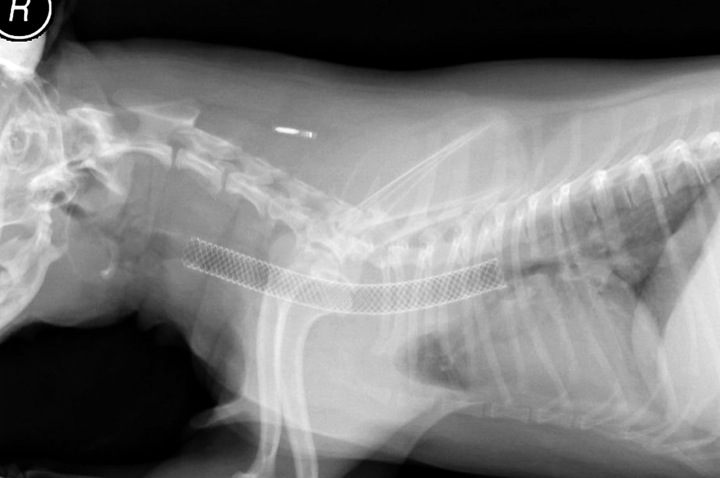Companion Animal Hospital
Investigating the cause of blood clotting in dogs with IMHA
Immune-mediated hemolytic anemia (IMHA) is a common, and often life-threatening, blood disorder in dogs. In this condition, the dog’s immune system attacks its own red blood cells, leading to a severe anemia that is treated with immunosuppressive drugs. However, affected dogs suffer from more than just anemia. They also have over-active clotting systems that lead to abnormal blood clot formation. These blood clots can be fatal if they block off the blood supply and delivery of nutrients and oxygen to vital tissues, causing serious organ damage and failure.
Radiofrequency Therapy for Pain Management in Dogs
Radiofrequency ablation (RFA) and pulse-dosed radiofrequency (PRF) are therapies used in people to treat chronic pain, including osteoarthritis (OA) pain. Neither has been researched in dogs for chronic pain management but could be highly effective, long-lasting means of relieving OA pain when other treatments fail.
Eligibility: Dogs seen by the Cornell University Hospital for Animals (CUHA) with stifle (knee) pain that is difficult to control with other treatments.
HydroCremation
HydroCremation Service
Individual and group HydroCremations are performed at the College of Veterinary Medicine using the alkaline hydrolysis process, a proven water-based alternative that yields the same dry, powdered mineral ash as cremations by incineration with only a tenth of the energy use and associated environmental impact.
Intensive Care Unit and Intermediate Nursing Care
The Intensive Care Unit is staffed 24/7 with licensed veterinary technicians (LVT), animal attendants, and veterinary students. Our goal is to provide the best patient care possible, and we are able to achieve this goal due to our team’s excellent technical and critical thinking skills. The Intermediate Nursing Care ward is available for the metabolically stable patient. The licensed veterinary tech- nicians are cross-trained to assist in both nursing care units.
Sports Medicine and Rehabilitation
The Sports Medicine and Rehabilitation Service works to improve your pet's mobility and comfort.
Pediatrics and Medical Genetics
To see more clearly...
To understand more fully...
The genetic make-up of disease
Veterinary medical genetics is the branch of medicine that looks at the role genetic factors play in causing a disease, birth defect, or in herited susceptibility to health problems, such as cancer and heart disease for animals of all ages.



